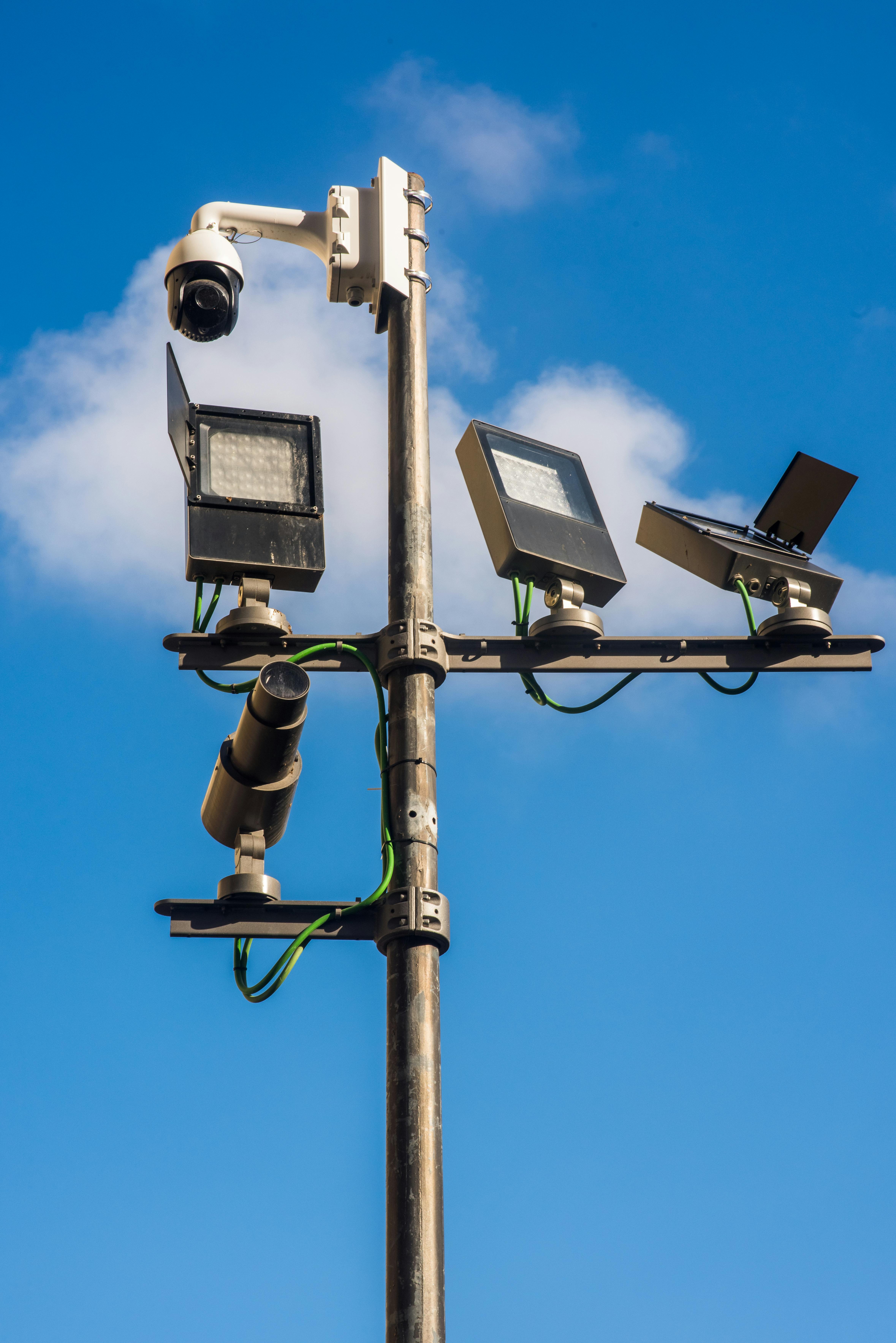What are Privacy Laws in Home Surveillance?
In this article, we will discuss the importance of understanding privacy laws in home surveillance. We will explore the legal considerations surrounding the use of surveillance cameras in and around your home. It is essential to know your rights and responsibilities when it comes to protecting the privacy of yourself and others in the age of increasing surveillance technology.

This image is property of images.pexels.com.
Why is it Important to Understand Privacy Laws in Home Surveillance?
Understanding privacy laws in home surveillance is crucial to ensuring that you are complying with legal requirements and protecting the rights of individuals. By being aware of these laws, you can avoid violating the privacy of others and prevent legal consequences. Knowing your rights and responsibilities will also help you make informed decisions about how to use surveillance cameras in your home.
What Privacy Laws Apply to Home Surveillance?
There are various privacy laws that apply to home surveillance, depending on your location. It is essential to familiarize yourself with these laws to ensure that you are not violating any regulations. Some of the common privacy laws that may apply to home surveillance include:
-
Federal Wiretapping Laws: These laws prohibit the interception of wire and electronic communications without the consent of all parties involved. This includes recording conversations without the knowledge of those being recorded.
-
State Surveillance Laws: Each state has its own laws regarding surveillance in private places. It is important to be aware of the specific laws in your state to avoid any legal issues.
-
Fourth Amendment Rights: The Fourth Amendment protects individuals from unreasonable searches and seizures by the government. This can also apply to surveillance conducted by individuals in their homes.
By understanding these privacy laws, you can ensure that you are operating within legal boundaries when setting up surveillance cameras in your home.
What are the Legal Considerations in Home Surveillance?
When it comes to home surveillance, there are several legal considerations that you should keep in mind to protect yourself and others. These considerations can help you navigate the complex legal landscape surrounding surveillance technology and ensure that you are complying with the law.
Consent of Individuals
One of the most critical legal considerations in home surveillance is obtaining consent from individuals before recording them. In many jurisdictions, it is illegal to record individuals without their knowledge or consent. This means that you should inform guests, service providers, or anyone else entering your home that they may be recorded by surveillance cameras.
Placement of Cameras
The placement of surveillance cameras in your home is another crucial legal consideration. Cameras should not be installed in private areas such as bathrooms or bedrooms where individuals have a reasonable expectation of privacy. It is essential to place cameras in public areas where individuals are aware that they may be recorded.
Data Security
Another important legal consideration in home surveillance is the security of recorded data. You must take measures to protect the recorded footage from unauthorized access or disclosure. This includes securing your surveillance system with strong passwords and encryption to prevent data breaches.
Retention and Storage of Data
You should also consider how long you will retain recorded data from surveillance cameras. Some jurisdictions have specific laws regarding the retention and storage of surveillance footage. It is essential to comply with these laws and establish a clear policy for deleting footage after a certain period to avoid legal issues.
By understanding and adhering to these legal considerations, you can ensure that you are operating your home surveillance system within the boundaries of the law.
How Can You Protect Privacy in Home Surveillance?
Protecting privacy in home surveillance is essential to ensure that you are respecting the rights of individuals and maintaining a safe and secure environment. There are several steps you can take to protect privacy when using surveillance cameras in your home.
Inform Individuals About Surveillance
One of the best ways to protect privacy in home surveillance is to inform individuals that they may be recorded. This can be done through signage or verbally informing guests and service providers about the presence of surveillance cameras in your home. By being transparent about your surveillance system, you can help individuals make informed decisions about their privacy.
Use Privacy Filters
Privacy filters are a useful tool for protecting the privacy of individuals in your home. These filters can be placed over surveillance cameras to block the view of sensitive areas such as bedrooms or bathrooms. By using privacy filters, you can ensure that only public areas are being recorded.
Secure Your Surveillance System
Securing your surveillance system is crucial to protecting the privacy of recorded data. You should use strong passwords and encryption to prevent unauthorized access to your cameras and footage. Regularly update your security settings and software to ensure that your system remains secure.
Regularly Review and Delete Data
To protect privacy, you should review and delete recorded data from surveillance cameras regularly. By establishing a clear retention policy and deleting footage after a certain period, you can prevent unauthorized access to sensitive information. This will also help you comply with data protection laws and regulations.
By following these tips, you can protect privacy in home surveillance and ensure that you are respecting the rights of individuals in and around your home.

This image is property of images.pexels.com.
Conclusion
In conclusion, understanding privacy laws in home surveillance is crucial to ensuring that you are operating within legal boundaries and protecting the rights of individuals. By familiarizing yourself with these laws and legal considerations, you can avoid legal issues and protect privacy in your home surveillance system. Remember to obtain consent, secure your system, and inform individuals about surveillance to maintain a safe and secure environment for everyone. By taking these steps, you can navigate the complex legal landscape surrounding home surveillance and protect privacy effectively.